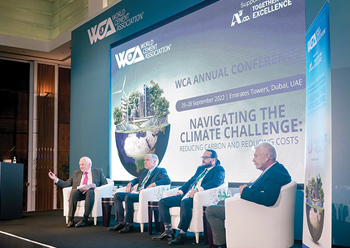
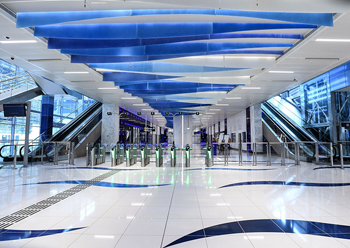 Dubai transit system ... the largest LEED Gold certified transport project in the world.
Dubai transit system ... the largest LEED Gold certified transport project in the world.
Acciona, a leader in the provision of regenerative solutions for a decarbonised economy which claims to have been carbon neutral since 2016, continues to offer the region its expertise in the construction, renewable energy, water treatment and eco-efficient transportation and mobility solutions.
As part of its commitment to the environment, the Spain-headquartered company is also focused developing innovative solutions that protect the environment, reduce emissions, drive efficiency and bring cost savings. Its latest innovations include a concrete app that ensures full control of the entire concrete production process and a new biological indicator that determines the presence of agents causing fouling in seawater reverse osmosis desalination processes.
Among the most prominent projects that have enhanced Acciona’s reputation in the region is the extension to Dubai Metro –Route 2020 – which last year earned the company the highest global qualification for sustainable construction, while making the extension of the Dubai transit system the largest LEED (Leadership in Energy and Environment Design) Gold certified transport project in the world.
All seven stations of the Route 2020 have recently received the Gold LEED v4 Building Design and Construction certification.
“The Route 2020 Project, by its nature, will enhance the sustainable growth of Dubai by displacing cars from the road, reducing emissions and congestion, leading to a healthier, better functioning city,” a spokesman for Acciona tells Gulf Construction.
The initiative of achieving a LEED Gold certificate for Route 2020 metro stations was focused on the following:
• Climate: Well-insulated building envelope to retard heat transfer from outside and low infiltration of outside air during the life span of the project;
• Carbon: Reduce carbon emissions compared to base line. Reduction in the construction stage Scope 1 and 2 emissions (tCO2e/100,000 man-hours), 16 per cent reduction in embedded carbon of key materials in the design, construction, and operational stages;
• Energy: Energy optimisation and savings are being estimated based on a dynamic energy model created using IES VE 2015. The energy model in principle replicates the design and compares it to Ashrae 90.1 – 2010 based on LEED v4 requirements.
Based on the stations sustainable design, Acciona says the following are the energy savings percentage achieved compared to Ashrae 90.1: Jebel Ali Station: 18.7 per cent; Garden Station: 24.2 per cent; Discovery Garden Station: 24.2 per cent; Al Furjan: 24.2 per cent; Jumeirah Gulf Estate station: 19.6 per cent; Dubai Investment Park Station: 17.6 per cent; Expo Station: 29.2 per cent
• Water: To comply with this LEED prerequisite, the indoor water consumption must be reduced by 25 per cent; additional water savings have been targeted by using efficient water fixtures and recovery of the condensate water of air-conditioning equipment. This approach led to a 50 per cent reduction in annual water consumption for each station, which is equal to an average of 40,000 cu m per year per station and a total of 420,000 cu m of water per year for all seven stations, says Acciona.
• Waste: During construction, waste generation was minimised by five per cent and diversion of waste destined for landfills during construction and operation was reduced by 95 and 75 per cent, respectively, the company says.
• Materials: Carbon footprint of steel was required to be less than World Steel average of 1.8tCO2e/ton of steel. In addition, the impact on endangered species was reduced by 50 per cent during the construction through procuring sustainable timber (FSC certified or equivalent).
Innovations
In line with its drive to develop innovative solutions, Acciona has developed a new concrete app that ensures full control of the entire concrete production process, from manufacture to casting. The result is higher quality, less wastage, lower cost and reduced CO2 emissions.
“It is estimated that 12.5 to 14 billion cu m of concrete is consumed globally – which makes concrete the world’s most used building material. Concrete is very versatile but requires very short delivery time and proper handling,” says Ignacio Calvo, Innovation & Digital Transformation Director of Acciona’s Construction business.
“About 90 per cent of CO2 emissions from concrete come from cement. During production, 700-800 kg of CO2 are emitted per ton of pure cement. Thus, it is crucial that the concrete produced has a long life to reduce the need for new cement production. In addition, it is important that the concrete produced can actually be used as there is wastage due to inefficiencies among several other reasons. Minimizing them contributes to reduce costs and CO2 emissions, he explains
Calvo remarks: “We believe this technology will become increasingly important. The use of high-quality concrete will reduce the need for rehabilitation, which will save society both cost and CO2 emissions in the years to come”.
The app has been developed and tested in connection with the work on a new double-track for Bane NOR on the Sandbukta-Moss- Såstad section in Norway.
Among other innovations, Acciona has launched the Witness project, which aims to develop a biological indicator to preventively detect the presence of agents causing fouling in seawater reverse osmosis desalination processes.
Together with other operation indicators of the reverse osmosis stage, the Witness indicator will be integrated into an Artificial Intelligence (AI)-based fouling potential prediction tool, which will be validated in the innovation facilities of Acciona.
“The fouling of membranes leads to higher operation pressure and thus an increase in energy consumption, as well as greater complexity in operation and a reduction in the permeate quality,” explains the spokesman.
“Current indicators do not allow distinguishing between different fouling types and have limitations regarding representativeness, such as the Silt Density Index (SDI). In addition, current biological indicators include incomplete or biased measurements which prevent from having a complete overview of the fouling potential of a given seawater matrix,” he adds.
The new indicator developed by Acciona will provide a preventive diagnosis to adjust the operating conditions of the desalination plants, in order to minimise fouling and, therefore, its consequences on the desalination process.
Together with other operation indicators of the reverse osmosis stage, the Witness indicator will be integrated into an Artificial Intelligence (AI)-based fouling potential prediction tool, which will be validated in the innovation facilities of Acciona.
Acciona utilises a range of systems to ensure efficient water management. Its BIONS (Business Intelligence Of Network Solutions) is a new intelligent cloud-based data platform that integrates data to improve the efficiency of water supply management systems.
This next-generation platform provides an in-depth vision of the water supply service in real time, for an overall view of the health of the network. Thanks to AI and Machine Learning (ML) technologies, BIONS not only detects, analyses and manages failures or incidents in the water supply network such as leaks, breaks or faulty assets but it can also predict when they are likely to happen as well.
As a result, BIONS predictive technologies help prevent water cuts and other system failures before they occur.
Guillermo Hijós, Acciona O&M Middle East Director for water solutions, says: “The Gulf countries have the lowest per capita renewable freshwater resources in the world, and these are declining rapidly due to population growth. Leaks in the water network are a real challenge in a region that cannot afford to lose water. BIONS can definitely help to improve the efficiency and sustainability of water systems.”
He adds: “BIONS is a key element for preventive operation and maintenance procedures in all our water plants. The technology allows us to know ahead of time what to expect and what will be requested by the plant, allowing us to quickly define the most optimal operational decisions and obtain the most efficient and sustainable output from the facility.”
BIONS shows Acciona’s commitment to technological innovation that can deliver a triple dividend: optimising the management of water supply services; improving the business results of water network operators; and delivering a better water service to consumers.



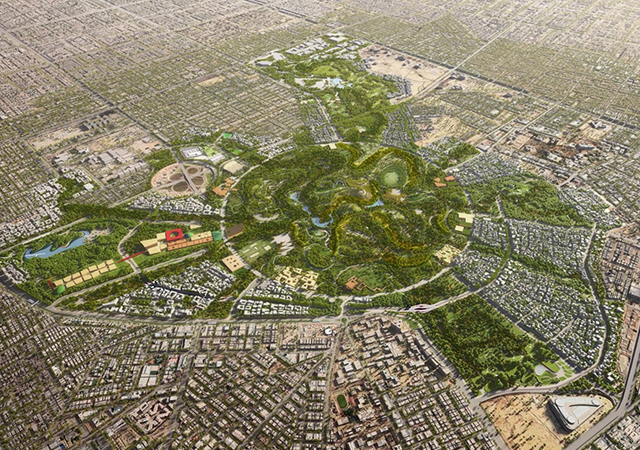
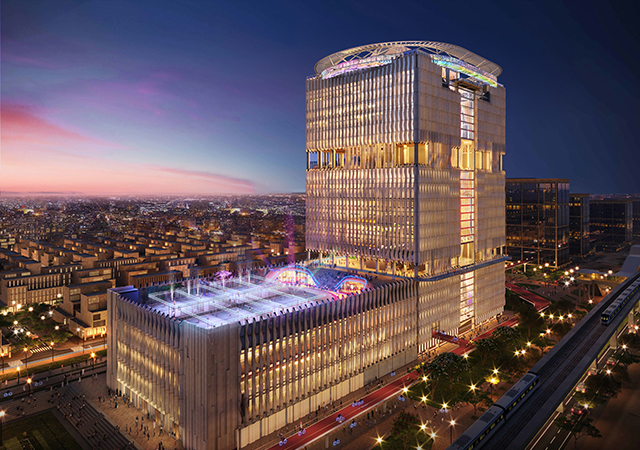
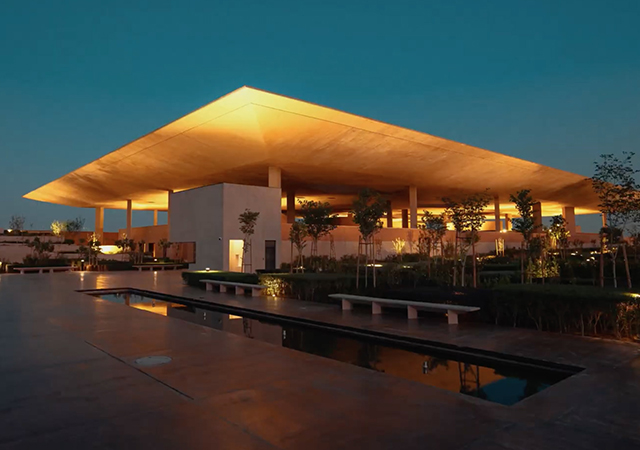
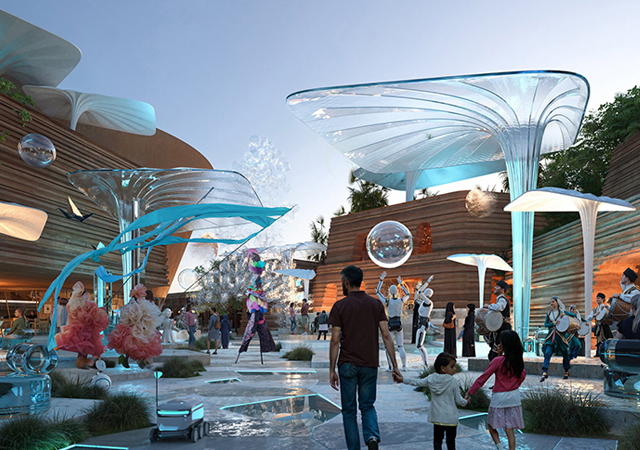
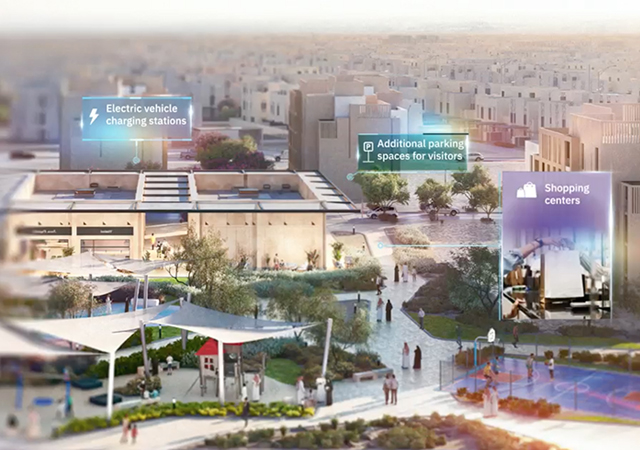
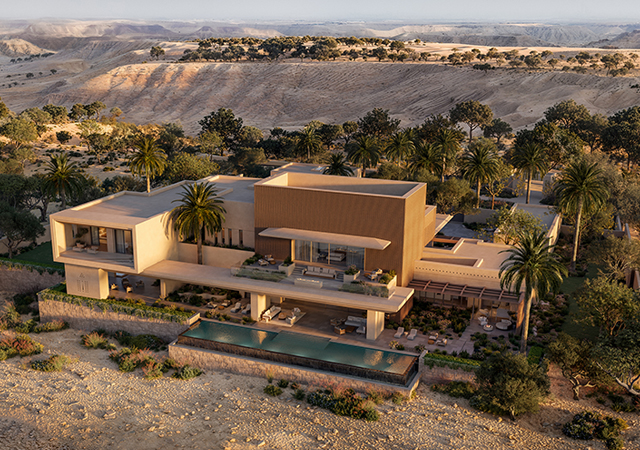
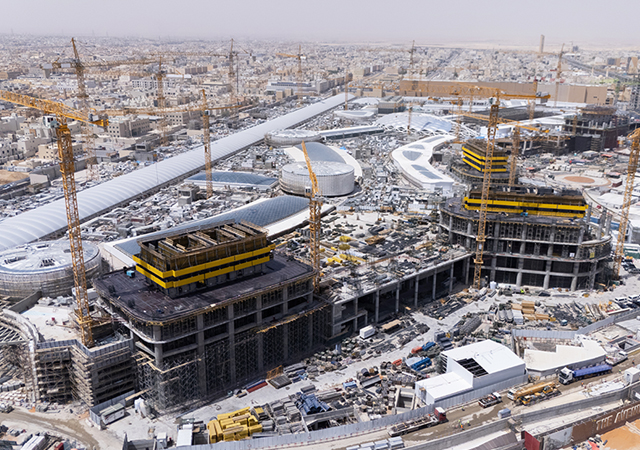
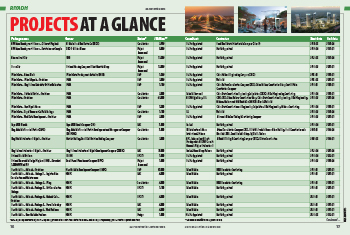
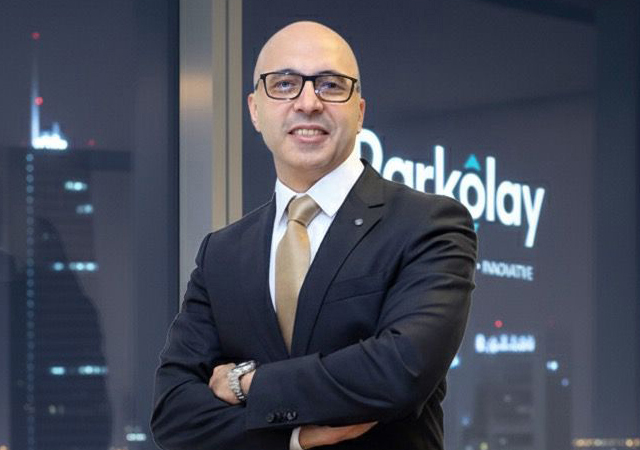
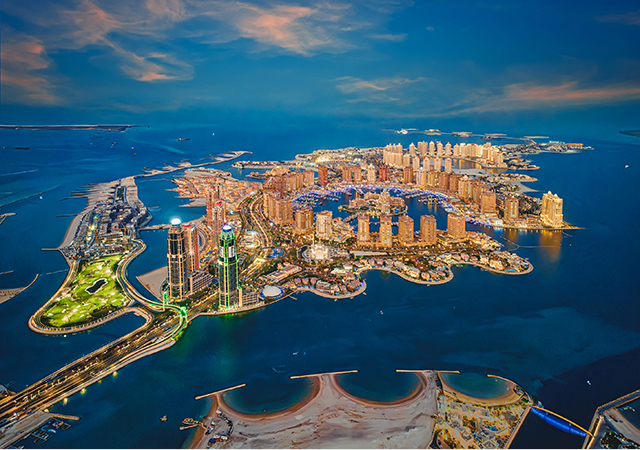
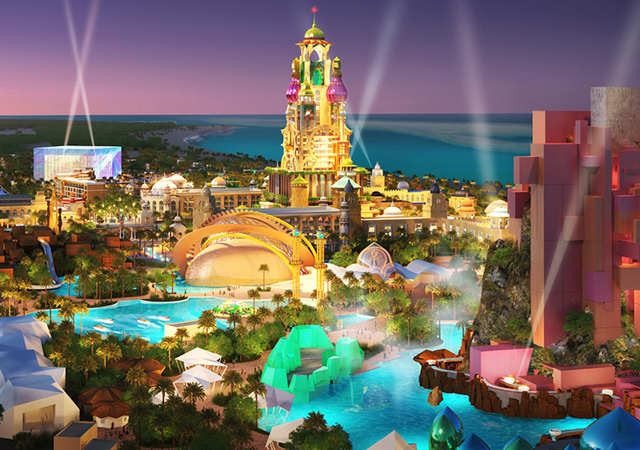
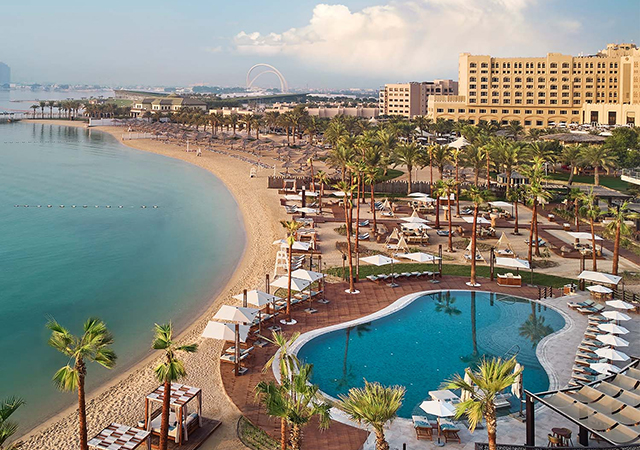
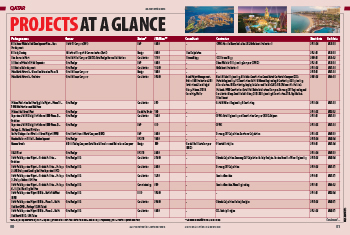
.jpg)
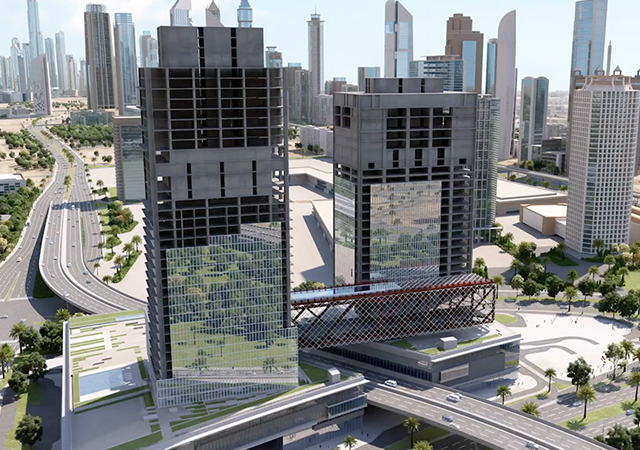
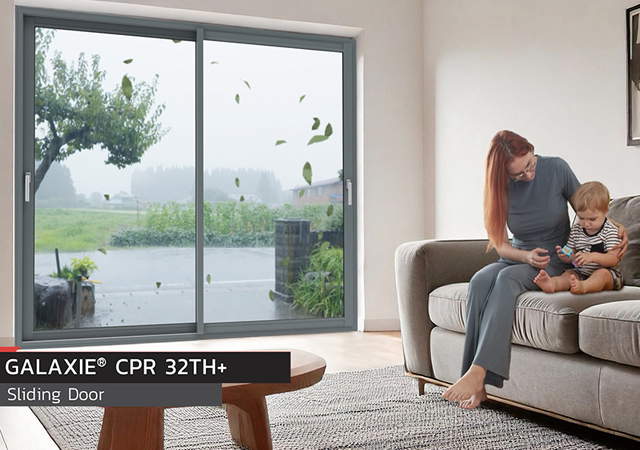
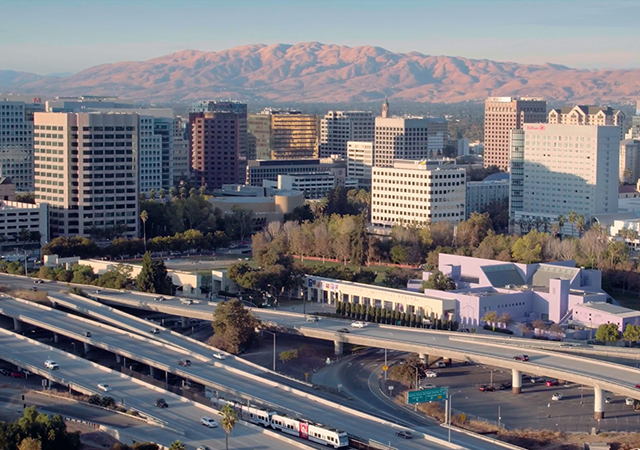
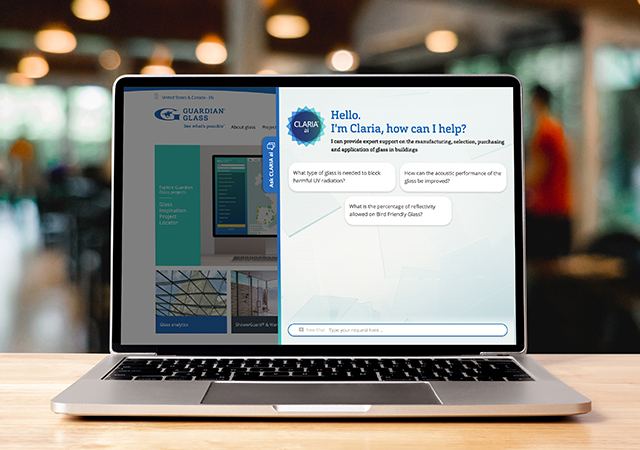

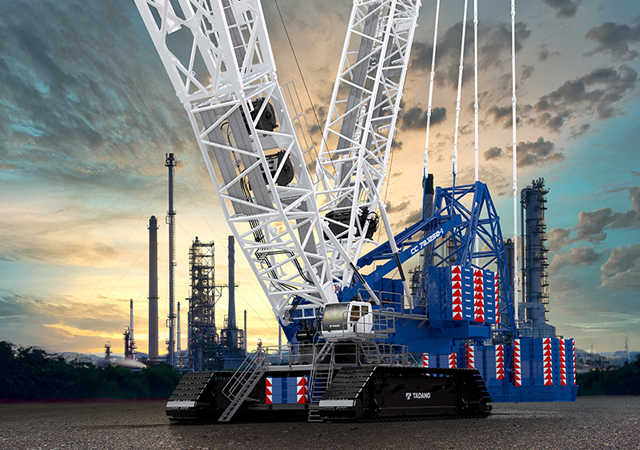
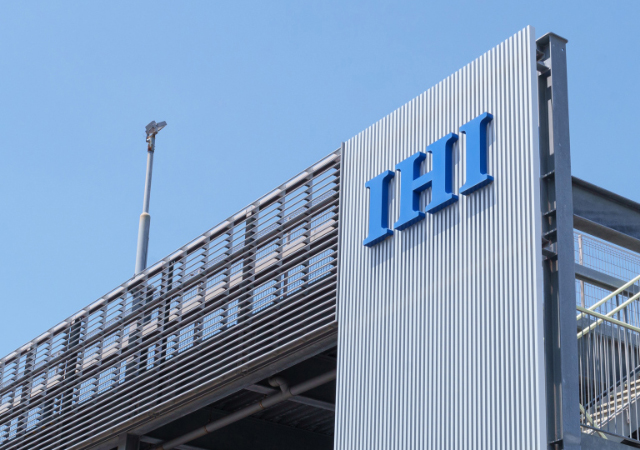
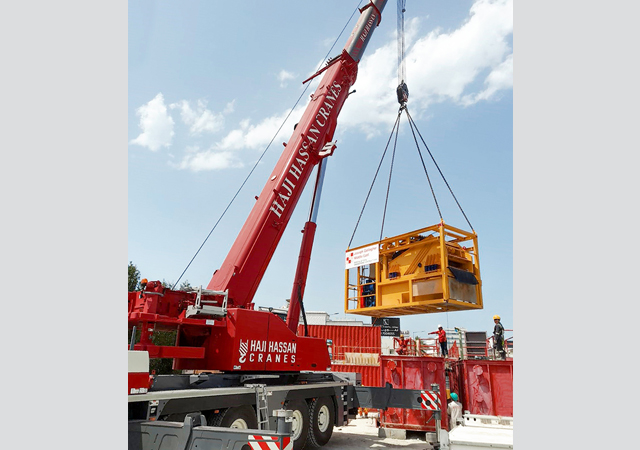
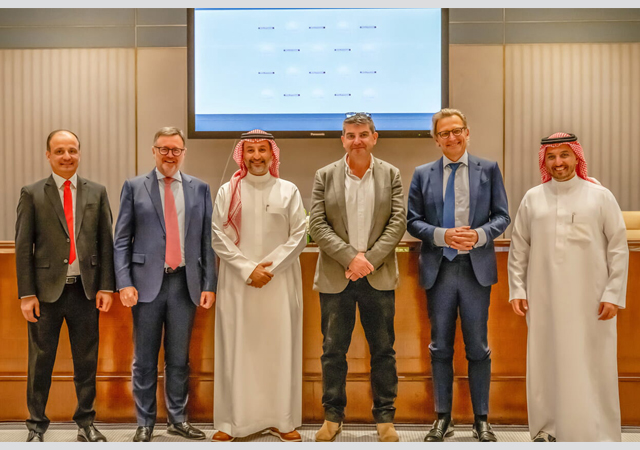
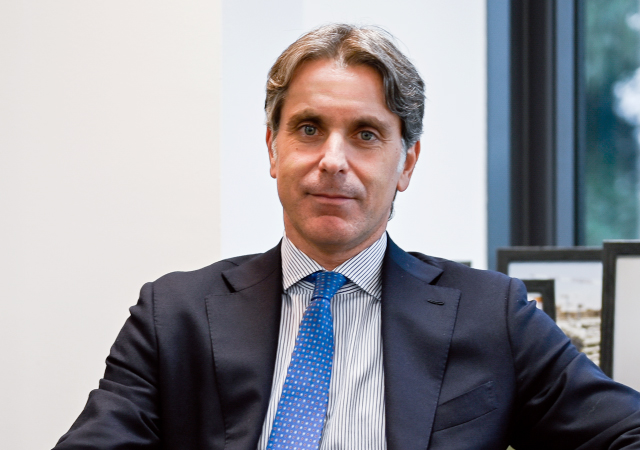
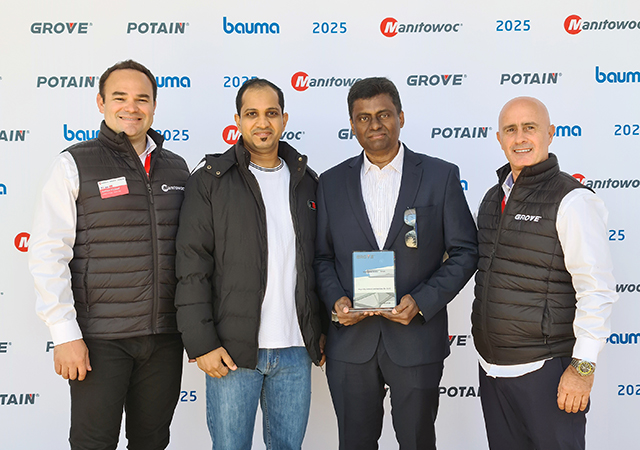
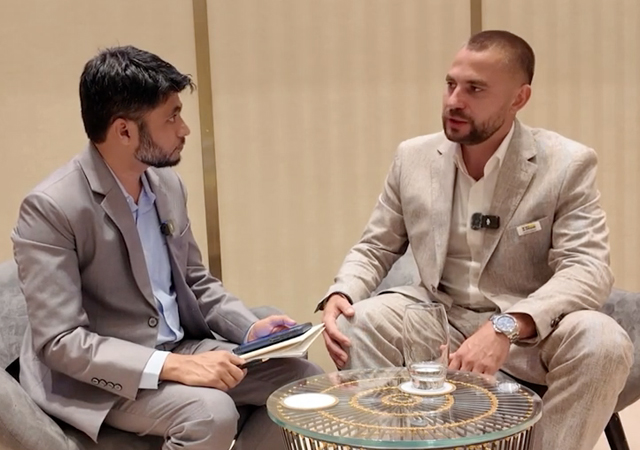
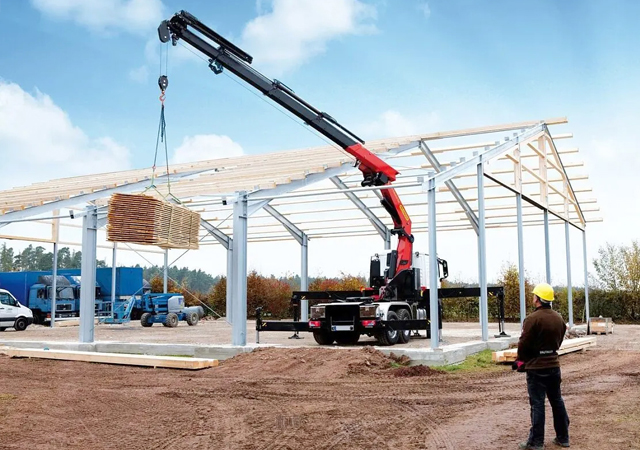
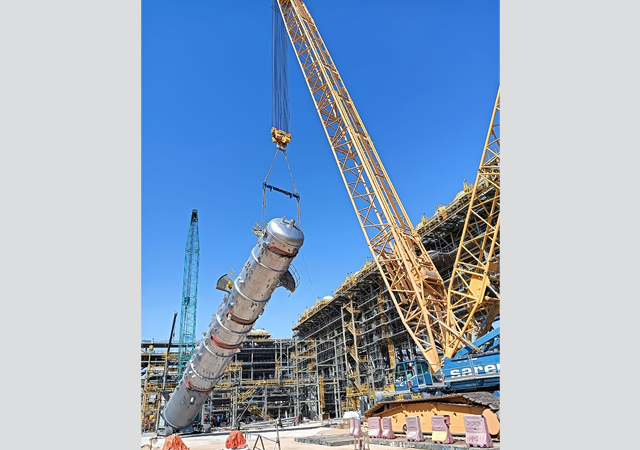
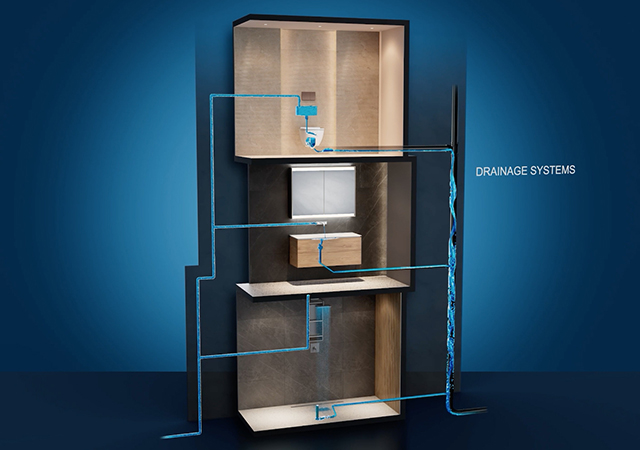
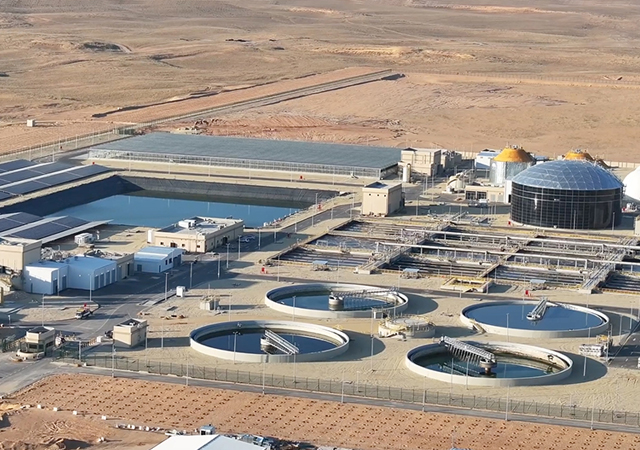

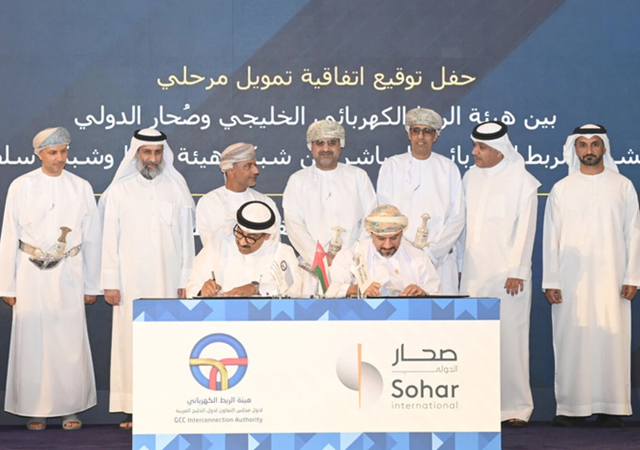
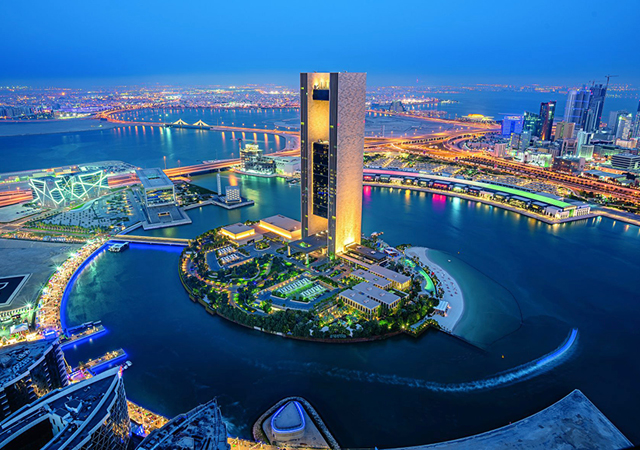
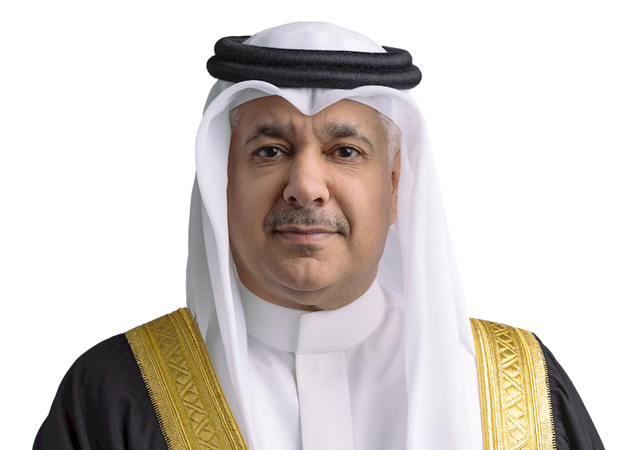
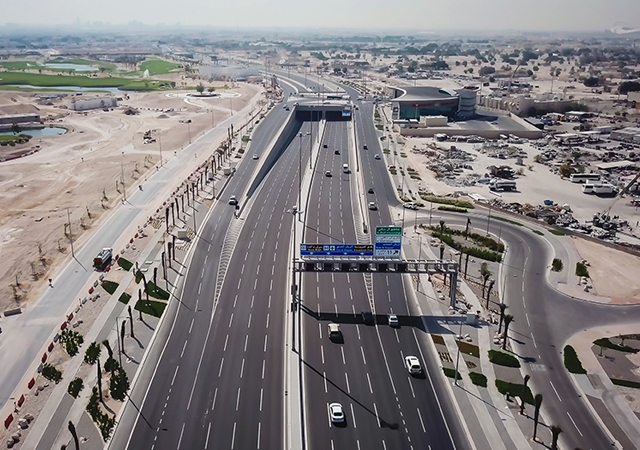
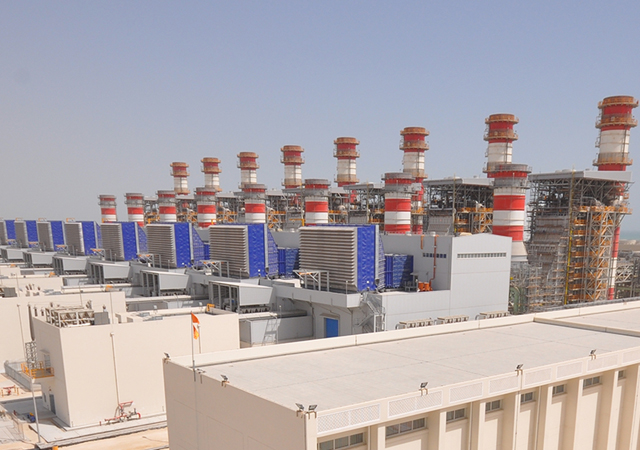
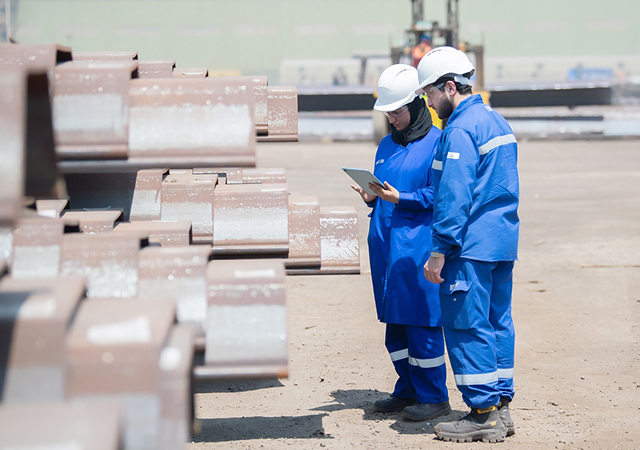
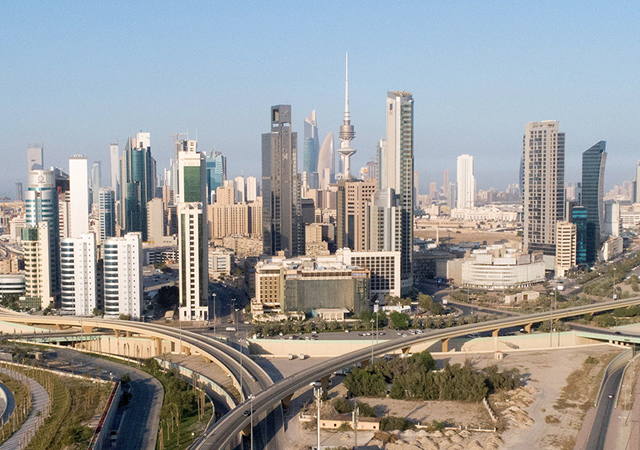
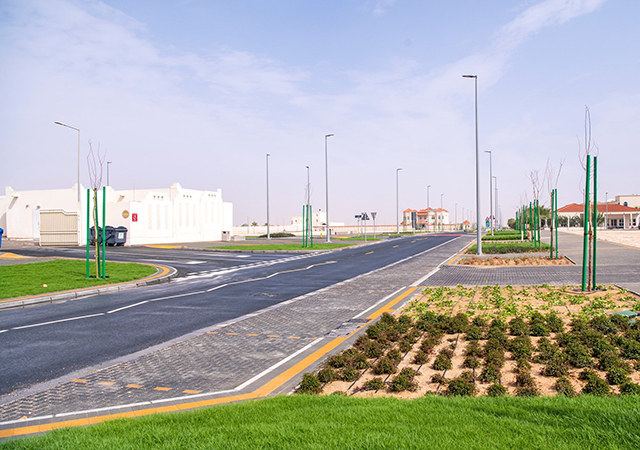
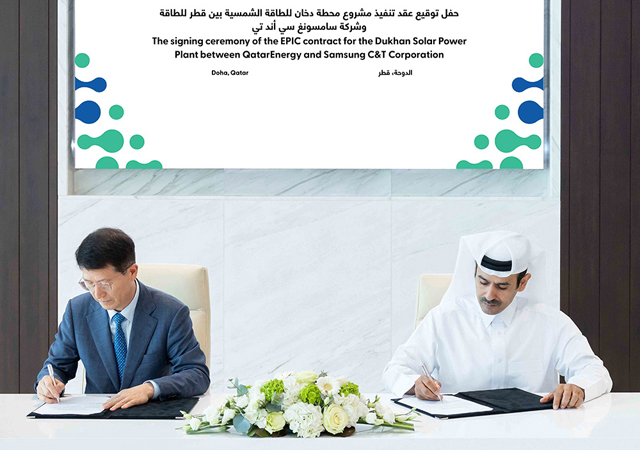
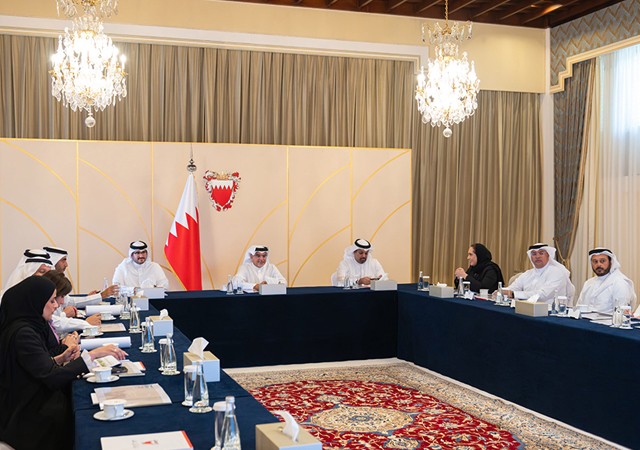
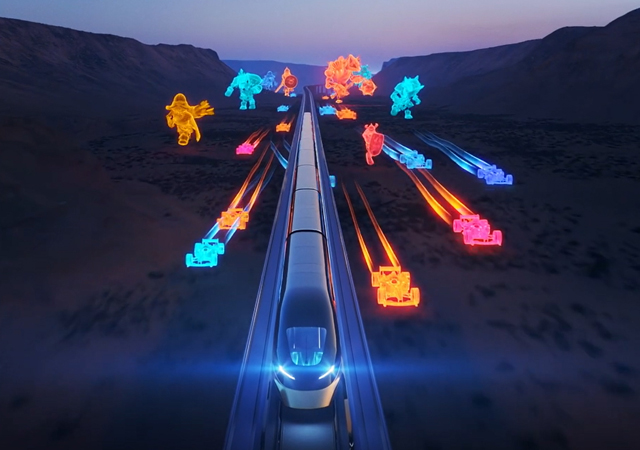
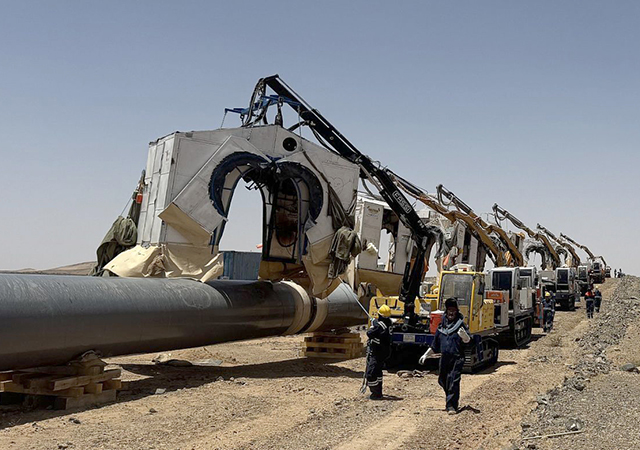
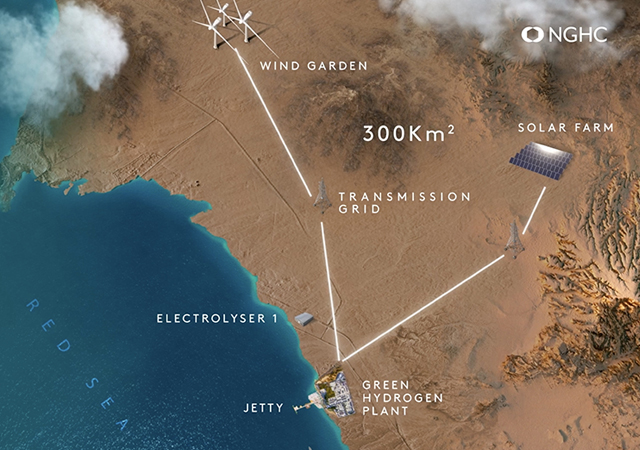
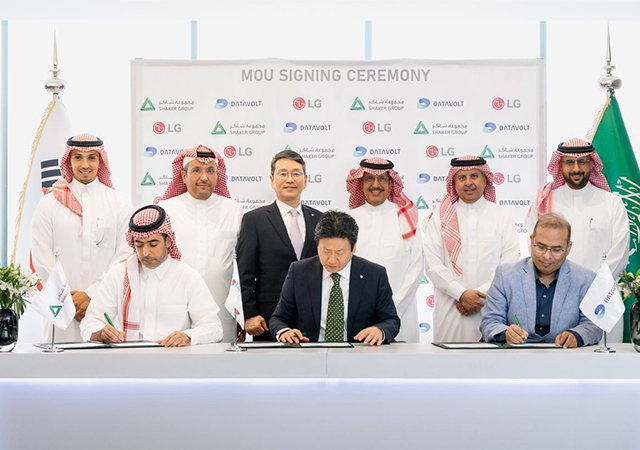
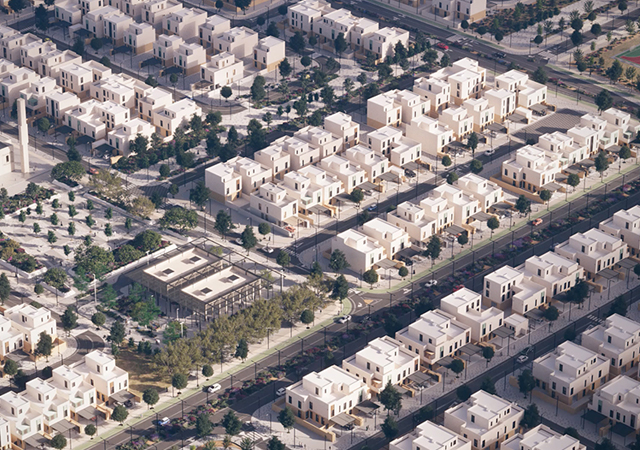
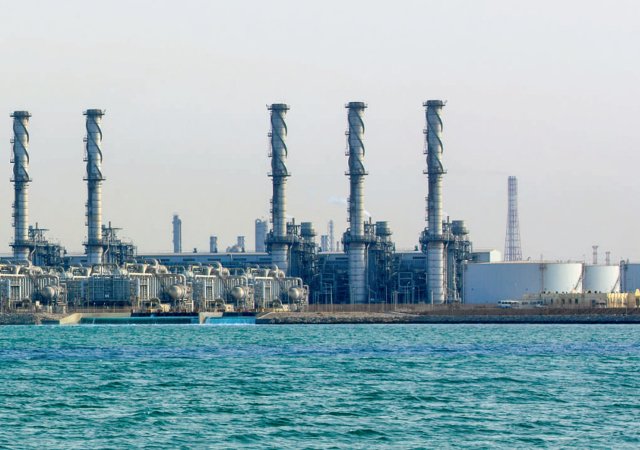
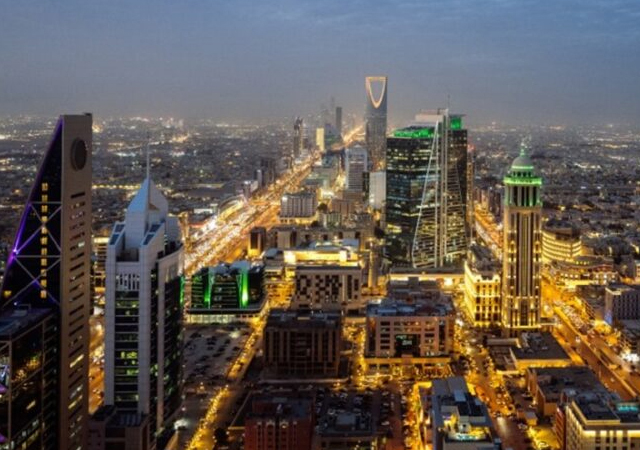
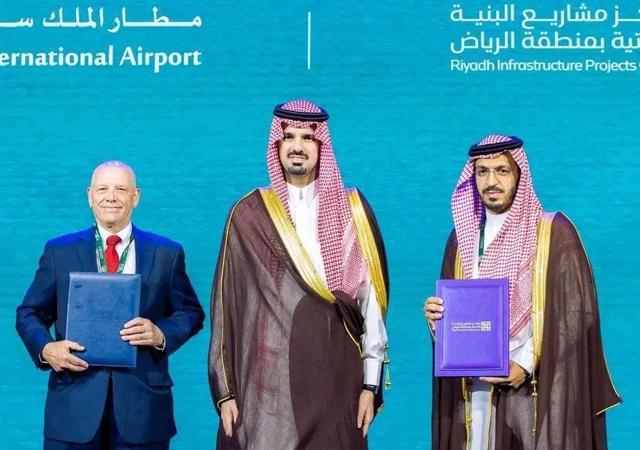
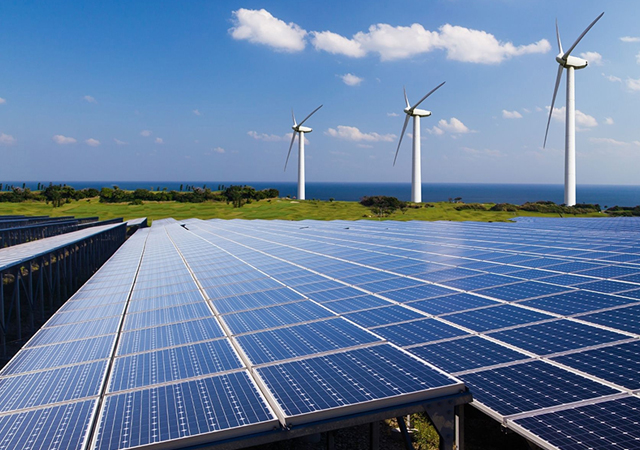
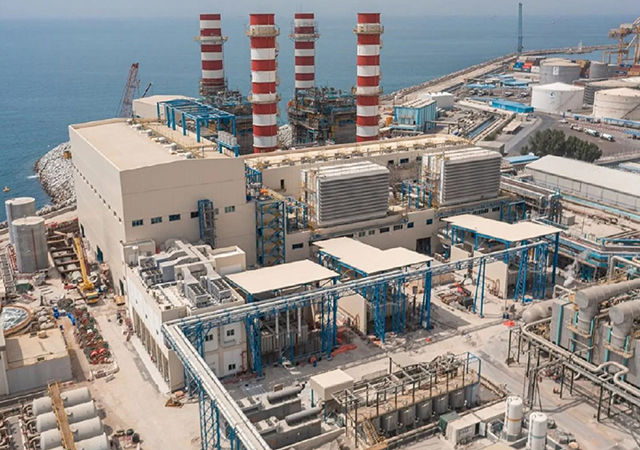
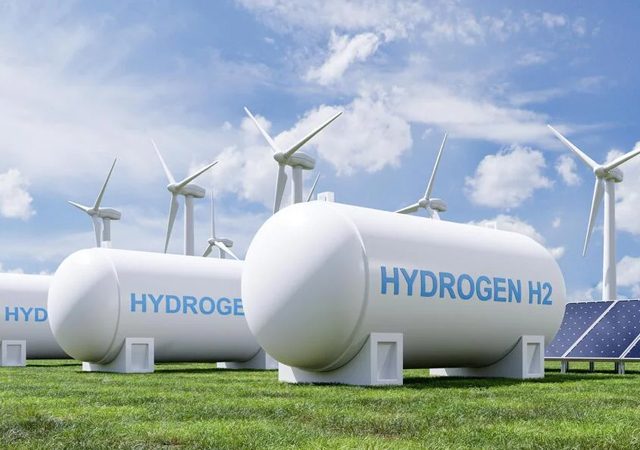

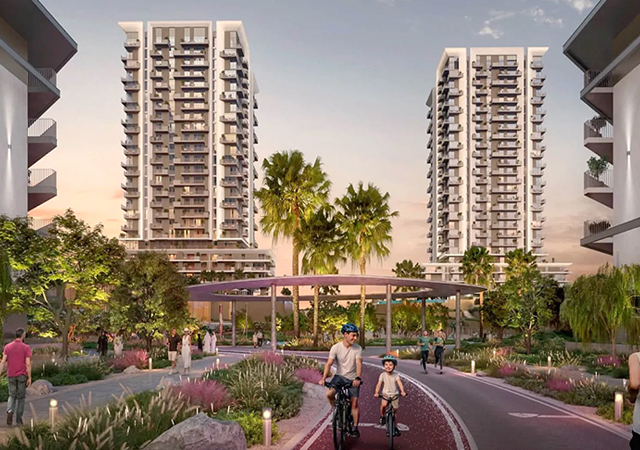
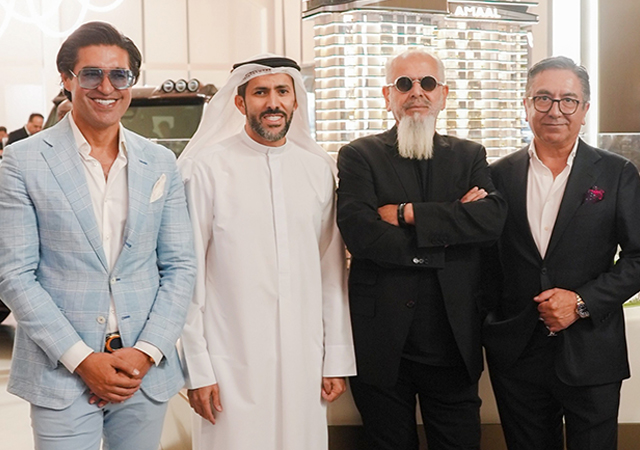
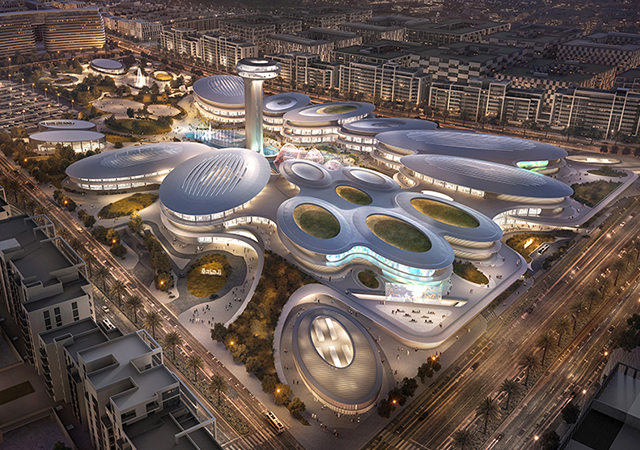
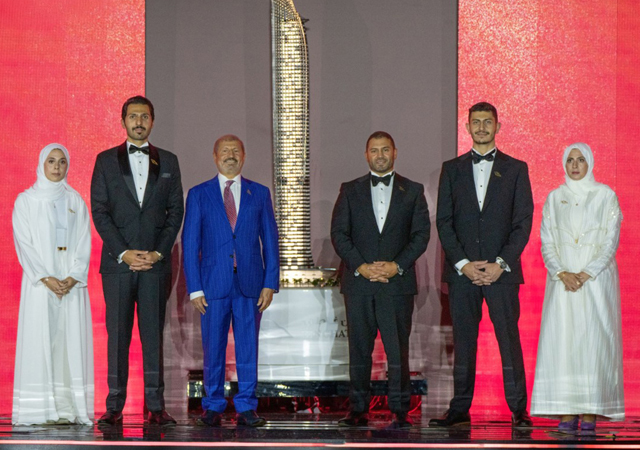
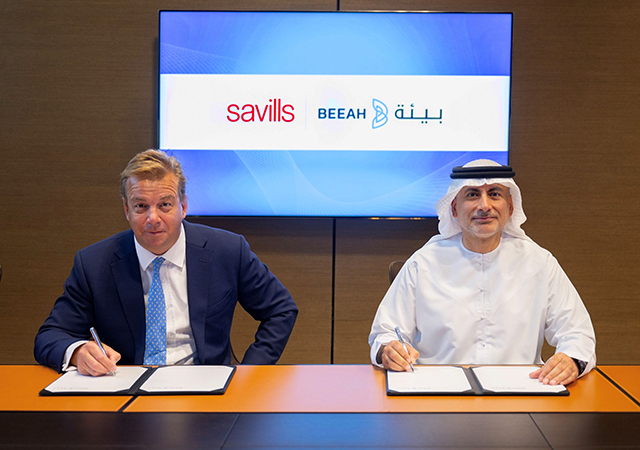
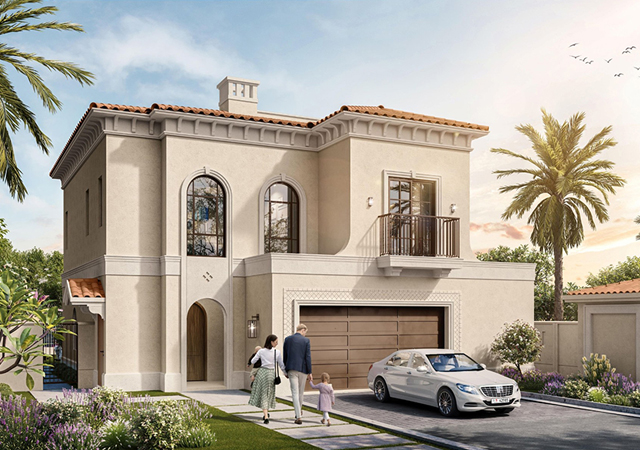
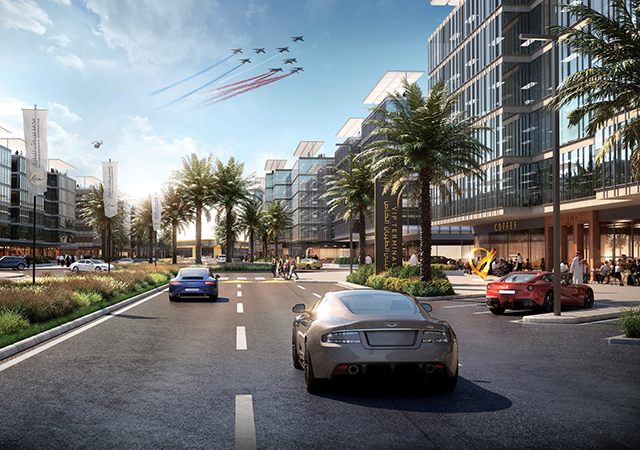

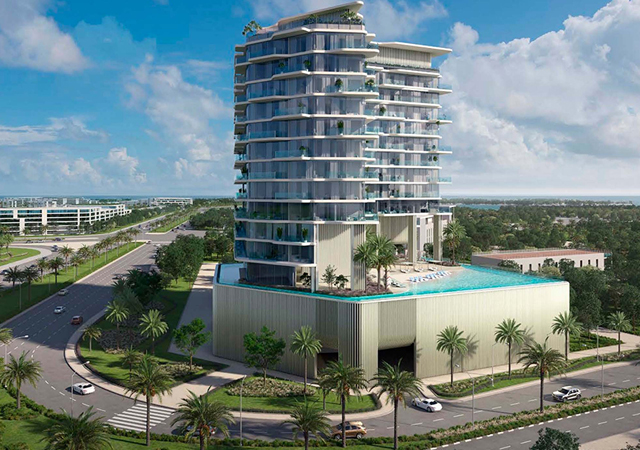
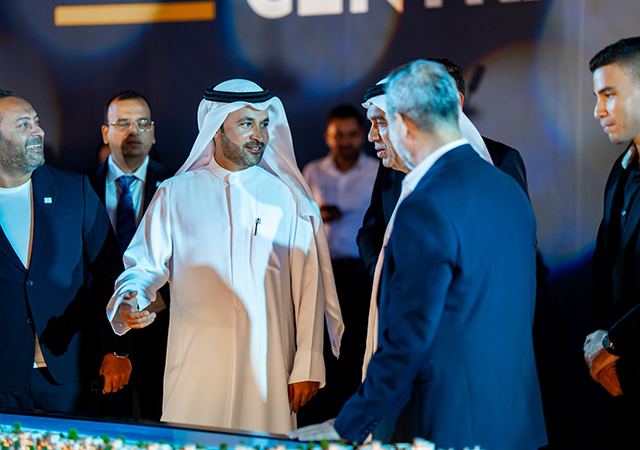
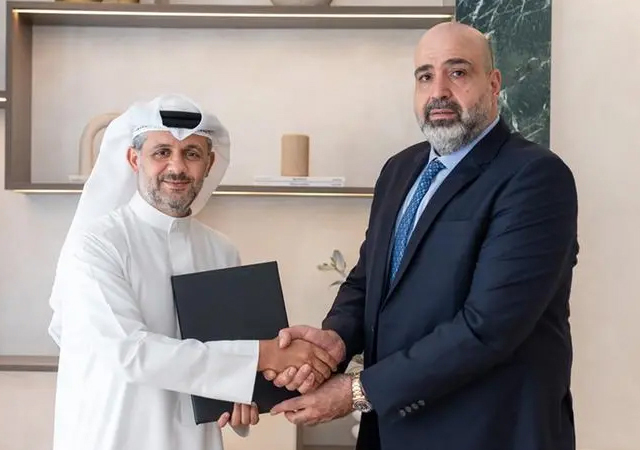
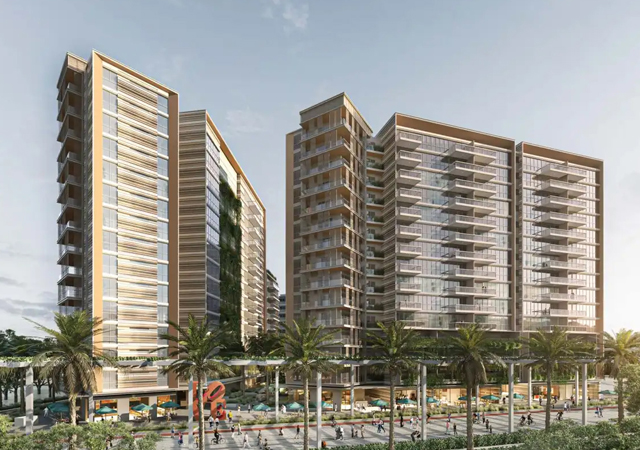
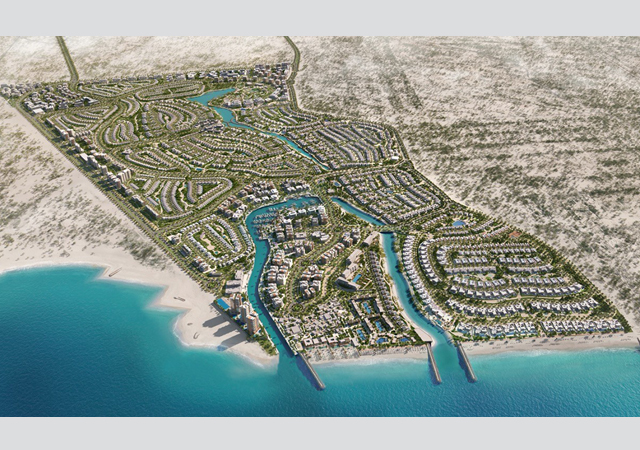
.jpg)
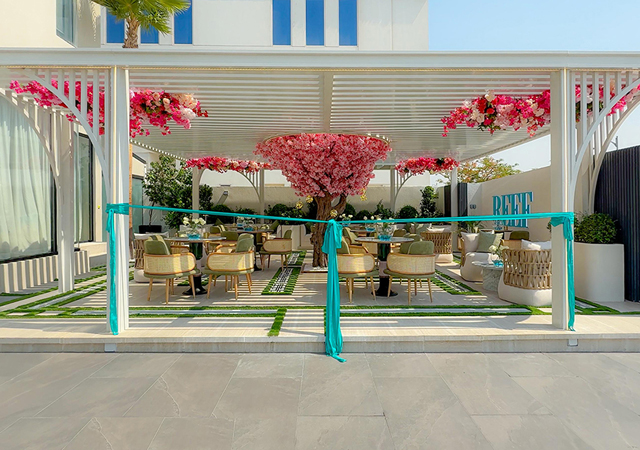
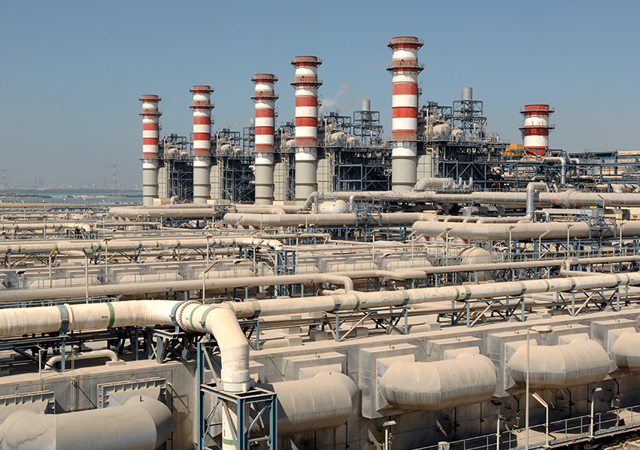
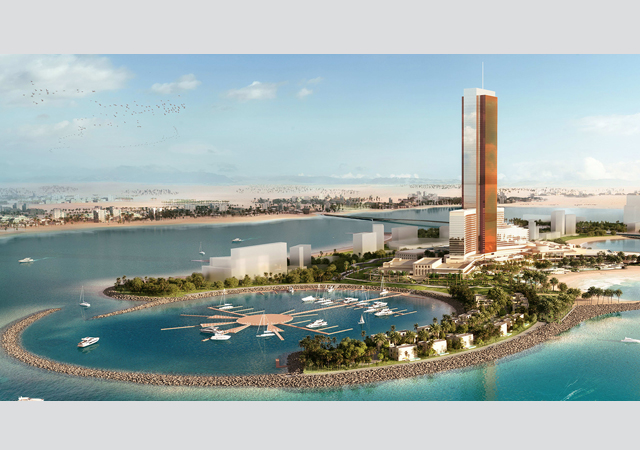
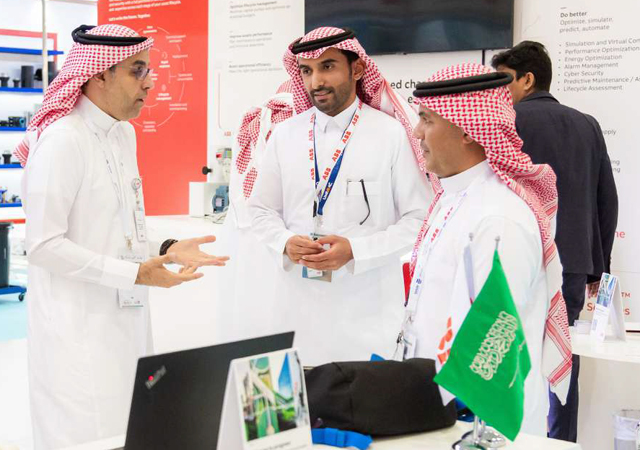
.jpg)
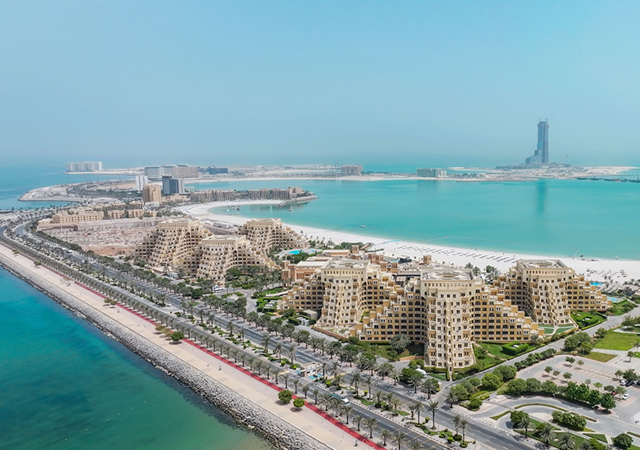
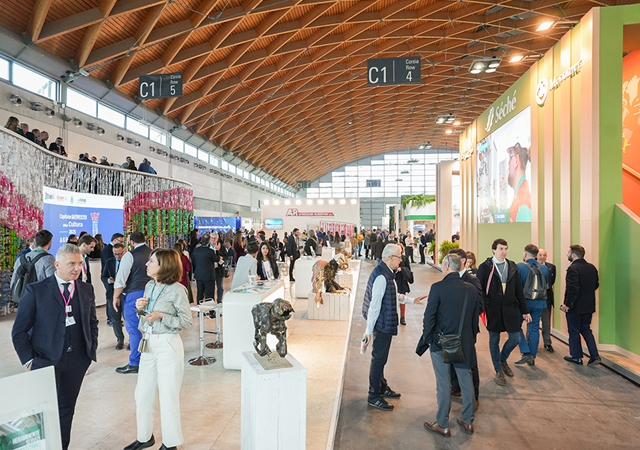
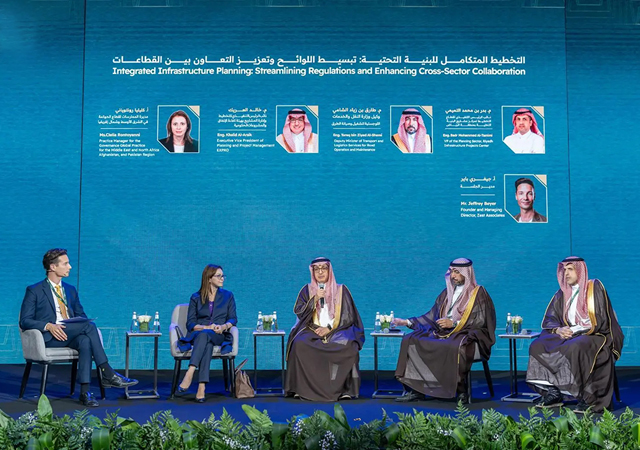
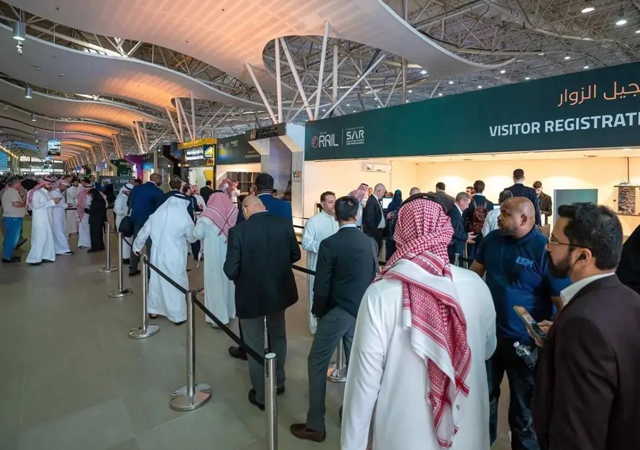


.jpg)
.jpg)